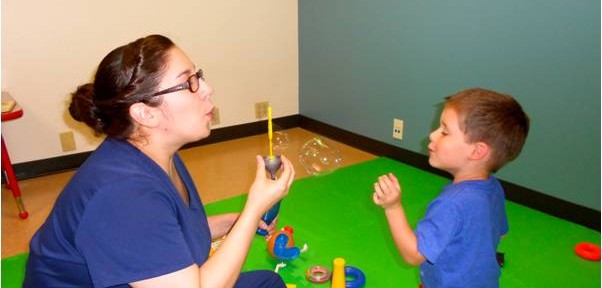Challenging Behaviors and Appropriate Skills in ABA Explained
As I mentioned in my previous blog, there are thousands of published research studies to support the effectiveness of ABA in treating autism and Aspergers. Specifically, ABA seeks to decrease challenging behaviors and increase appropriate skills that are seen in many individuals with autism or Aspergers.
To help understand what your ABA therapist seeks to accomplish, let’s cover what these terms mean:
Challenging Behaviors
Challenging behaviors refer to those behaviors that put the individual in danger, put others around them in danger, or prohibit/limit a person’s use and access to community facilities (Emerson et al., 1987).
Let’s say a 12-year old with high functioning autism, “Jake,” told his overweight teacher that she is fat. The teacher, who was very insulted by the comment and the conversation that followed, sent him to the principal’s office for bad behavior.
From Jake’s perspective, he didn’t understand why he was in trouble for telling the truth. If Jake engages in these types of behaviors regularly, he may soon be unable to access his general education classroom.
As such, this behavior is considered a challenging one that an ABA therapist can help address.
Appropriate Skills
On the other hand, appropriate skills refer to skills that a person needs to be successful. Those skills take into account the person’s chronological age and their cognitive level of functioning.
Appropriate skills include the following:Continue Reading
A graduate of Abilene Christian University, Jennifer had a long career in TV Broadcasting. Upon learning her oldest son Sam had a form of Autism called Asperger’s Syndrome, she left her career and became a full-time mother to both of her sons. Jennifer elicited the participation of her family and together they produced several independent programs including a children’s animated series titled Ameriquest Kids, as well as a documentary and book titled, Coping to Excelling: Solutions for School-age Children Diagnosed with High-Functioning Autism or Aspergers Syndrome. She formed the nonprofit Asperger101 to provide on-going free resources related to ASD at Aspergers101.com and has implemented the Texas Driving with Disability Program and continues to grow the statewide initiative today. She and her husband have recently retired to their property in the Texas Hill Country.

